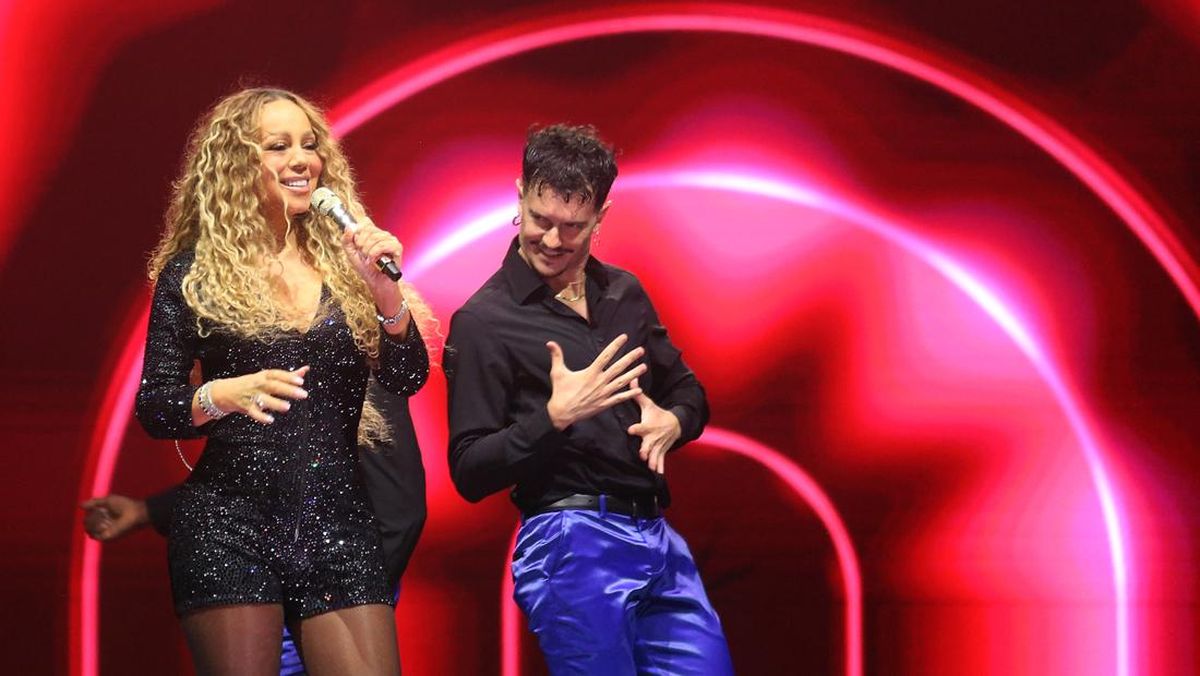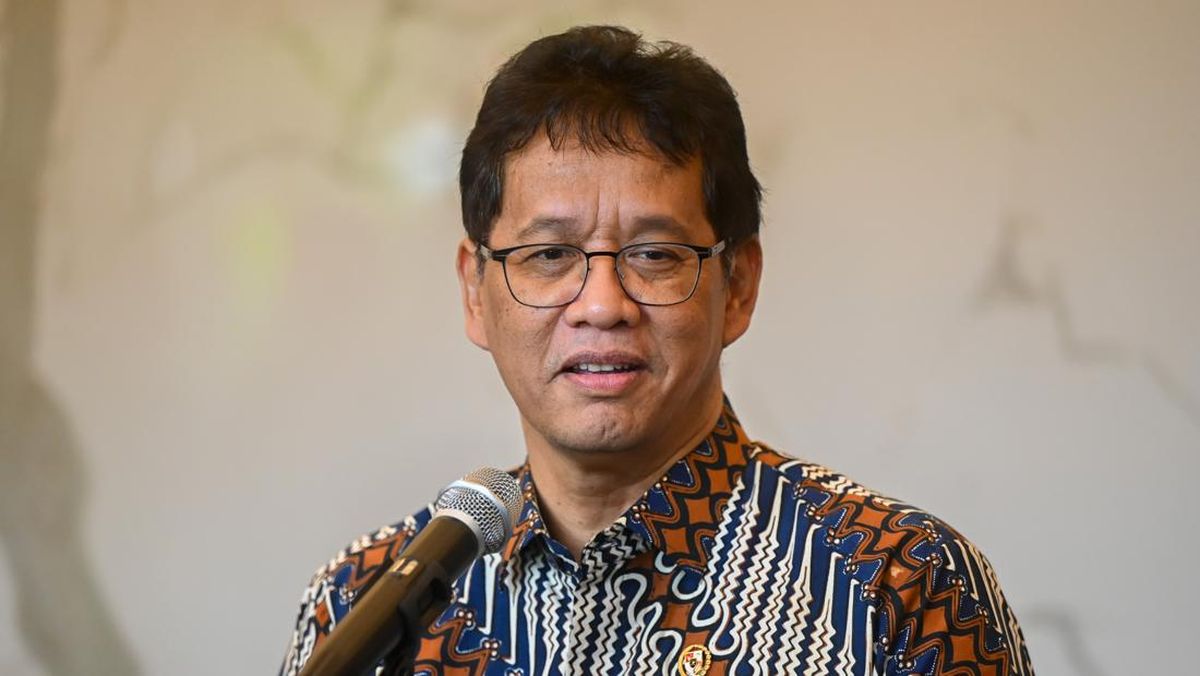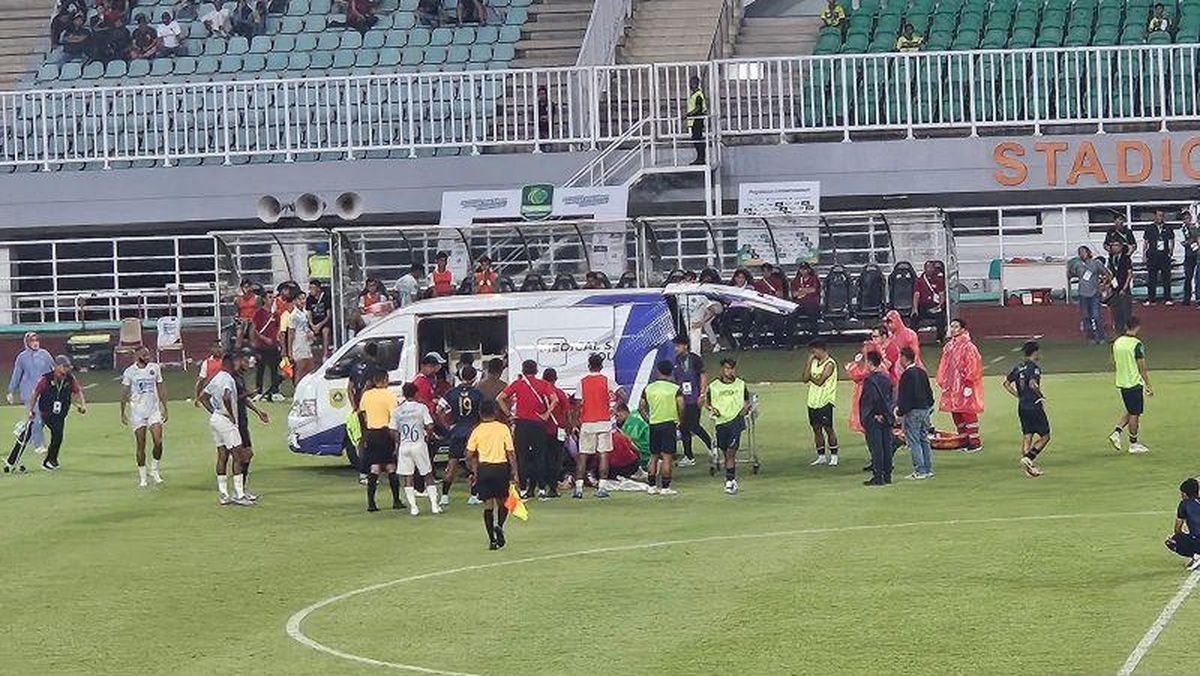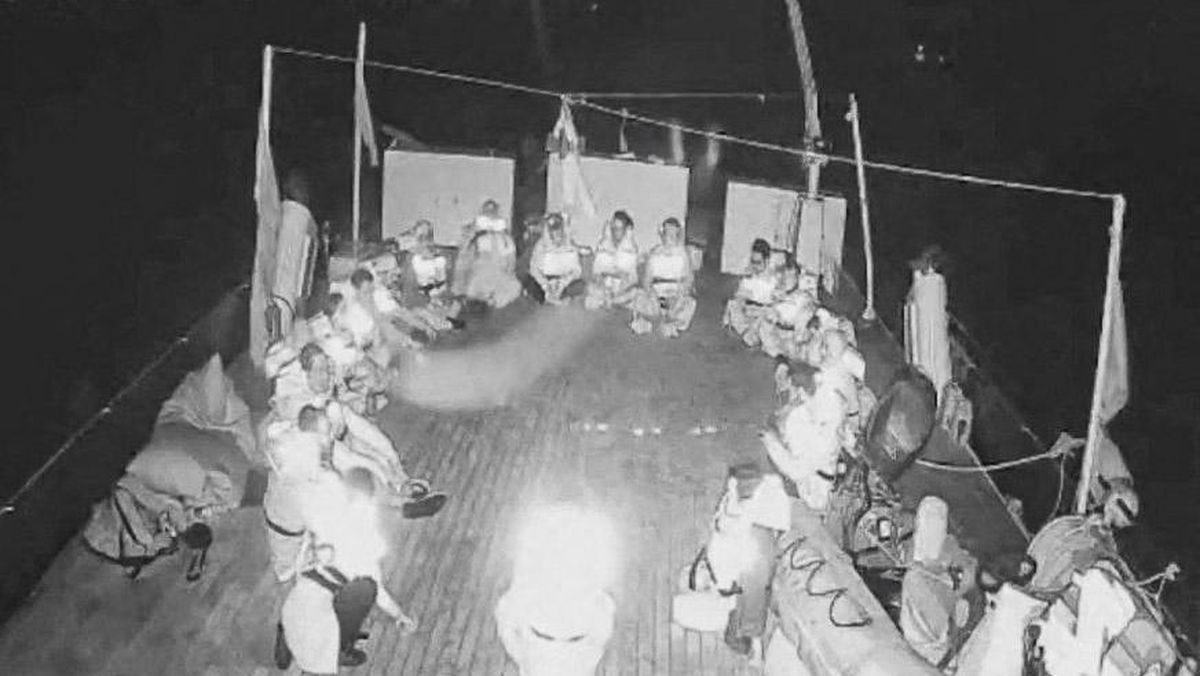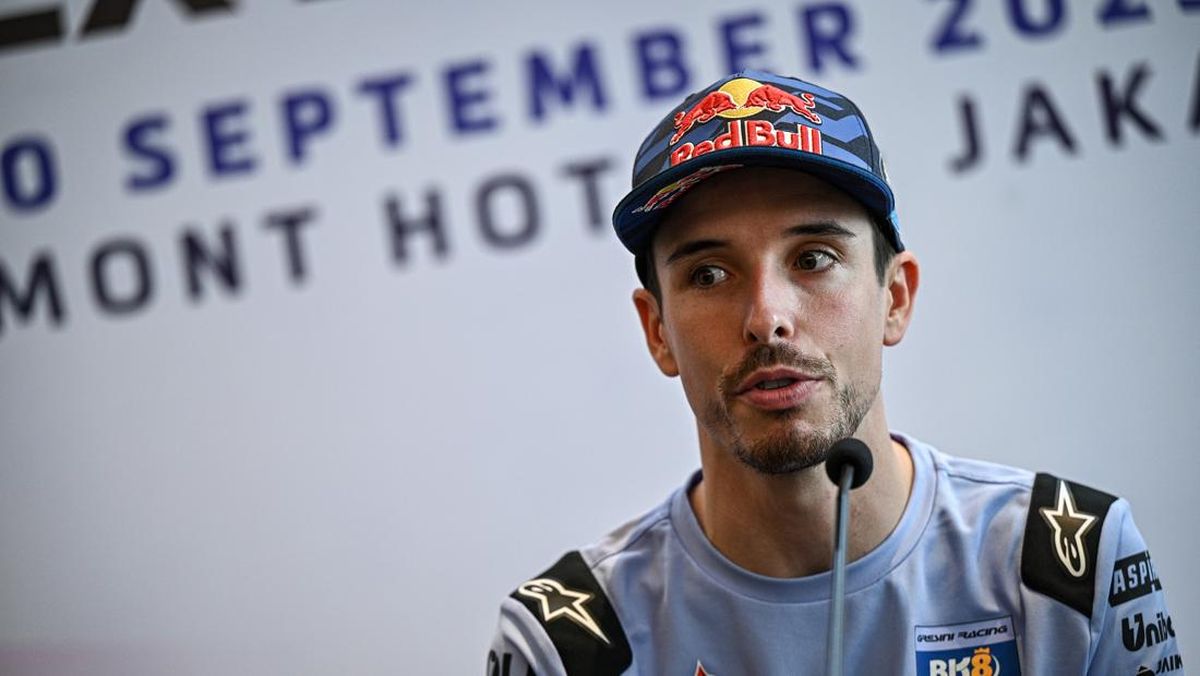Conductor Benjamin Northey is reflecting on more than two decades leading major orchestras here and overseas.
“There’s nothing like it. It’s got to be the best job in the world. You’re in this privileged position where you get to connect with these amazing works of art all the time.”
Now he is aiming to pass on that privilege – and all the complex skills needed to exercise it – to the next generation, having been appointed inaugural professor of conducting at the Sydney Conservatorium of Music.

Benjamin Northey rehearses with the Sydney Symphony Orchestra this week.Credit: Steven Siewert
He adds that job to his current roles as principal conductor of the Melbourne Symphony Orchestra and conductor in residence of the Sydney Symphony Orchestra.
“It’s a tremendous opportunity,” he says. “It was unexpected in many ways but I was thrilled.
“This role offers me the chance to help shape the future of Australian music, ensuring the next generation understands and values music’s essential role in our society.”
Northey’s appointment comes at a time of growing interest in the art of conducting, brought on in part by the high-profile success here and overseas of Sydney Symphony Orchestra chief conductor Simone Young as well as other young rising stars such as Sydneysider Sam Weller.

Simone Young’s high-profile success has inspired a new generation of conductors.
Northey came to conducting by a circuitous route. Initially, he studied woodwinds, playing saxophone, flute and clarinet professionally in his 20s before enrolling in a conducting course at Melbourne Conservatorium. In 2001, he won the Symphony Australia young conductor of the year award and went on to study at Helsinki’s Sibelius Academy, “the global mecca of conductor training”.
“It’s been a long journey for me in conducting – I’ve been doing it professionally for 25 years,” he says.
But despite their high profile, there’s still plenty of mystique surrounding what conductors actually do when they mount the podium.

“It’s a tremendous opportunity”: conductor Benjamin Northey at the Sydney Conservatorium of Music. Credit: Stefanie Zingsheim
“I think the best description is that we are there to help musicians make music together,” says Northey. “It’s a unifying role. We have many people in the orchestra or ensemble that may think about the music in different ways. Our job is to align the way they think about the music so they can work as a collective to a more singular vision of the piece.”
‘You can have the same orchestra and the same piece of music with two different conductors and have a completely different outcome.’
Conductor Benjamin NortheyThat vision is communicated to the players through a complex language of physical movement.
“The terrifying thing about conducting is that everything you do has an impact on musicians,” says Northey. “It’s very easy for conductors to get in the way of the musicians that they are conducting, to obstruct the natural flow of people making music. A really key part of the training is understanding how to help an ensemble and not get in their way, judging those moments where you need to take control of things and other moments where you can let the musicians play naturally themselves.”
And while there are universal things all conductors have in common, such as beating patterns and basic body language, there are as many different conducting styles as there are conductors.
“That’s the fascinating thing about conducting – you can have the same orchestra and the same piece of music with two different conductors and have a completely different kind of musical outcome.”
But when everything comes together in a performance there is, says Northey, no feeling like it.
“Your brain works at a really intensely fast rate because there are so many parameters being processed at any one time. When things are working the feeling is being connected to the present moment. We are not thinking about the difficulty of pressure of what we are doing but we’ve been able to unlock a freedom of expression that is what music is all about.”
Loading
But that’s not to say the life of an elite conductor is all applause and multiple curtain calls.
“Things go wrong all the time in performances,” says Northey. “You just have to be ready. That’s where you earn your money because you are the only person, often, who can actually fix things. It is a high-risk endeavour. I suppose everybody is worried about being humiliated on stage through an accident or not performing at their best or whatever – but that is also part of the job.
“Things go wrong all the time and unexpected things happen – you just have to be ready. I tell my students we have to take all possibilities on stage.”
Northey also has strong feelings on the unrealistic goal of delivering a faultless performance.
“Our relationship with perfection is profoundly negative and we’ve been so caught up with that in the music world, this ridiculous unachievable idea of perfection. We don’t play music to not make mistakes. We play music to express ourselves to the point where the mistakes don’t matter.”
The Booklist is a weekly newsletter for book lovers from Jason Steger. Get it delivered every Friday.
Most Viewed in Culture
Loading

